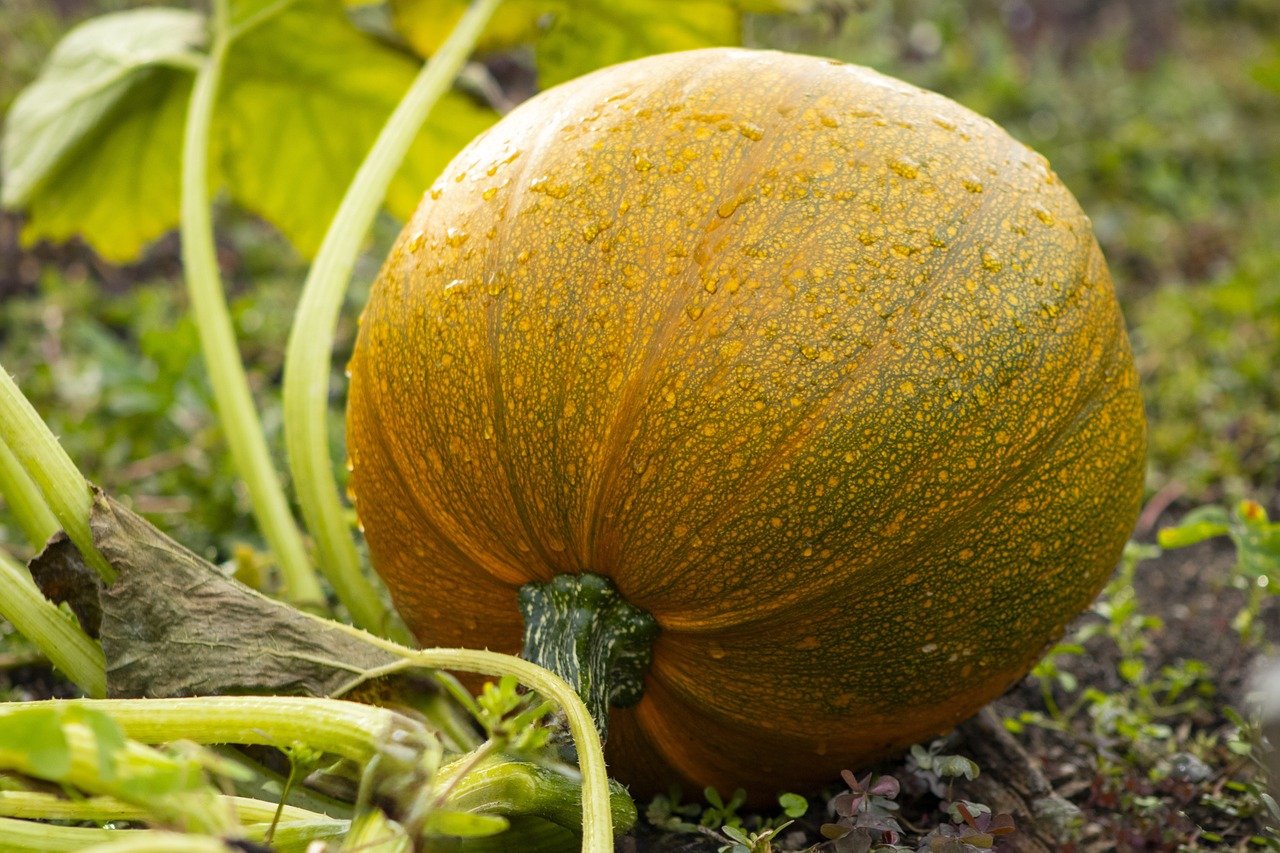
In Kansas, the climate can be challenging for gardeners, with hot summers and cold winters. To ensure a successful harvest, it’s important to know when to plant vegetables in Kansas. In this comprehensive guide, we’ll share valuable hacks and insights to help you plan your planting schedule and unlock gardening success. From tomatoes to corn, peppers to beans, get ready to discover the secrets of when to plant vegetables in Kansas.
Table of Contents
The Four Seasons of Kansas Gardening
- Spring: Spring is a season of renewal and growth for gardeners in Kansas. As temperatures rise and the soil thaws, it’s time to prepare your garden beds, start seeds indoors, and plan for the upcoming planting season.
- Summer: Summers in Kansas can be hot and dry, presenting challenges for vegetable gardening. However, with proper care and irrigation, many heat-loving vegetables thrive during this time.
- Fall: Autumn brings cooler temperatures and is an excellent time for planting certain vegetables in Kansas. The milder weather allows for extended growing seasons and the opportunity to enjoy fresh produce well into the cooler months.
- Winter: While winter may seem like a dormant period for gardening, it’s crucial to plan and prepare for the upcoming year. Use this time to study seed catalogs, organize supplies, and improve your garden infrastructure.
Best Time to Plant Specific Vegetables in Kansas
Cool-Season Vegetables
- Lettuce
- Direct sow outdoors: Early spring or late summer for fall harvest
- Spinach
- Direct sow outdoors: Early spring or late summer for fall harvest
- Carrots
- Direct sow outdoors: Early spring or late summer for fall harvest
Warm-Season Vegetables
- Tomatoes
- Start seeds indoors: 6-8 weeks before the last frost date
- Transplant outdoors: After the last frost date, typically in late spring
- Peppers
- Start seeds indoors: 8-10 weeks before the last frost date
- Transplant outdoors: After the last frost date, typically in late spring
- Beans
- Direct sow outdoors: After the last frost date, typically in late spring
Best Vegetables to Plant in Kansas
Not all vegetables are suitable for growing in Kansas. Some vegetables thrive in the hot summers, while others prefer cooler temperatures. Here are some of the best vegetables to plant in Kansas:
- Tomatoes: Tomatoes are a popular vegetable in Kansas and can be grown successfully in the state. They prefer warm temperatures and should be planted in late May or early June.
- Peppers: Peppers are another vegetable that does well in Kansas. They can be planted in late May or early June and will produce fruit throughout the summer.
- Beans: Beans are a great vegetable to plant in Kansas because they can tolerate the heat. They should be planted in late May or early June.
- Cucumbers: Cucumbers are a warm-weather vegetable that does well in Kansas. They should be planted in late May or early June and will produce fruit throughout the summer.
- Squash: Squash is a hardy vegetable that can be planted in Kansas in late May or early June. It will produce fruit throughout the summer and into the fall.
Tips for Planting Vegetables in Kansas
Planting vegetables in Kansas requires some planning and preparation. Here are some tips to help you get started:
- Know your soil: Kansas has a variety of soil types, including clay, loam, and sand. It’s important to know what type of soil you have in your garden so you can choose the right vegetables to plant.
- Start seeds indoors: Some vegetables, like tomatoes and peppers, can be started indoors in late winter or early spring. This will give them a head start and ensure they are ready to be planted outside when the weather warms up.
- Use mulch: Mulch can help retain moisture in the soil and keep the roots of your vegetables cool during the hot summer months. It can also help prevent weeds from growing.
- Water regularly: Vegetables need regular watering, especially during the hot summer months. Make sure to water your garden deeply once or twice a week, depending on the weather.
- Fertilize regularly: Vegetables need nutrients to grow, so it’s important to fertilize your garden regularly. You can use organic or synthetic fertilizers, depending on your preference.
